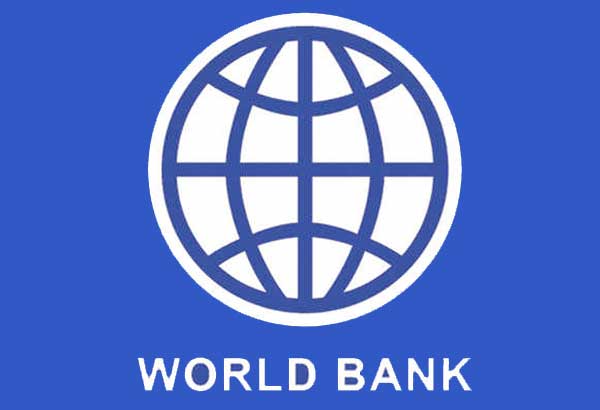 The World Bank says today that it is supportive of the agreement between Ghana and the International Monetary Fund (IMF).
The World Bank says today that it is supportive of the agreement between Ghana and the International Monetary Fund (IMF).
The IMF approved a $918 million three-year Extended Credit Facility (ECF) for Ghana April 3, 2015, but classified the country as “high risk of debt distress” under a new debt sustainability analyses.
Speaking to reporters via teleconference from Washington DC, USA during the launch of the Bank’s economic analysis of the sub-Sahara Africa ‘Africa’s Pulse’, the World Bank Chief Economist for sub-Sahara Africa, Francisco H. G. Fereira, said the Bank is supportive of the agreement.
He said, Ghana had to deal with an overblown payroll bill and fiscal deficits.
According to him, what countries like Ghana should in good times is to invest in savings like sovereign funds and resist the temptation to spend.
The analysis found that debt-to-GDP ratios for the countries with increased bond market access have picked up in recent year. “While some countries (Ghana) are more exposed, overall debt burdens remain manageable,” adding that, “In countries where currencies are weakening, the local currency cost of servicing foreign denominated debt is rising. For the region as a whole, however, debt burdens remain moderate, though trending upward.”
On some of the impacts of the IMF agreement on Ghana’s economy, the analysis noted, “In Ghana, the agreement reached with the IMF will help stabilize the cedi (which has already depreciated by 19 percent this year)), but still high inflation and fiscal consolidation will weigh on growth.”
Source: Ghana Business News























